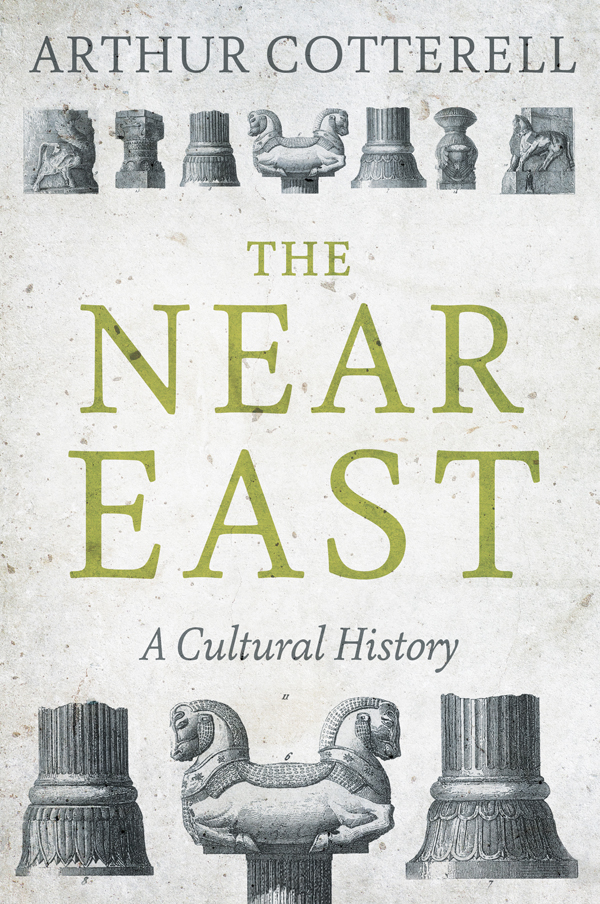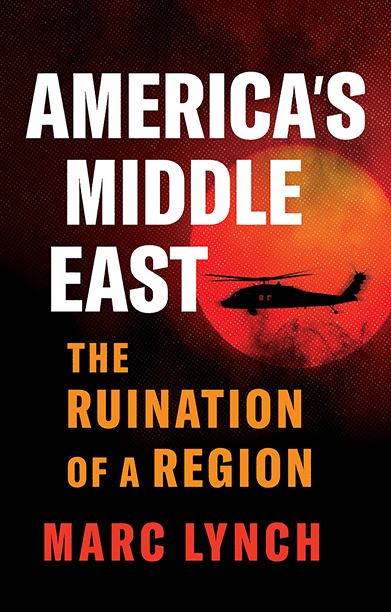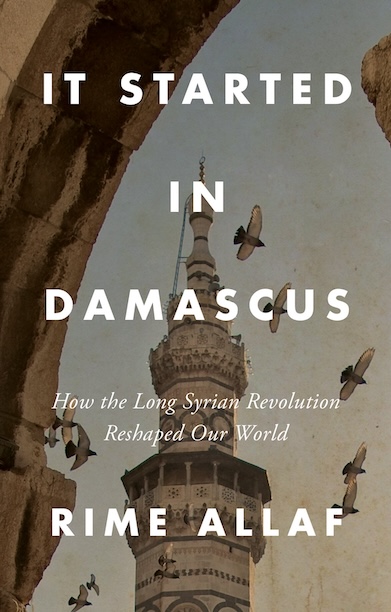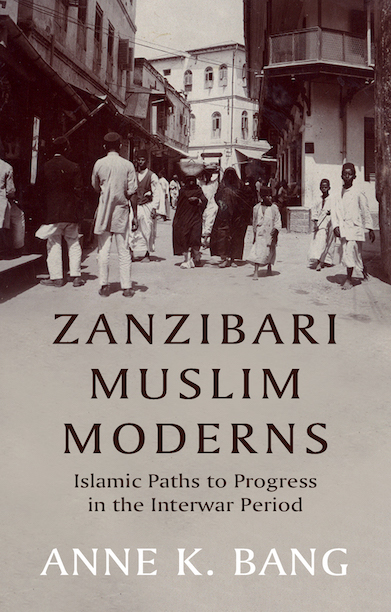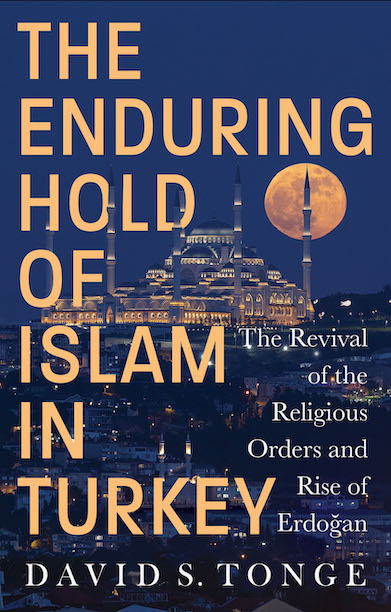The Near East
A Cultural History
A sweeping cultural history of the Near East, from the birth of civilization to the present day.
Description
A sweeping cultural history of the Near East, from the birth of civilization to the present day.
The Near East was the cradle of civilization: the Sumerians invented urban living and writing here, and monotheism was born and spread across the globe. Arthur Cotterell vividly sketches the extraordinary cultures that have left their mark on the region, from their early myths, deities and rituals of worship to their pioneering political systems and military conquests. Charting the rise and fall of Assyria and Babylon, the world’s first great powers, then exploring the long eras of Persian, Byzantine, Arab and Ottoman rule, The Near East traces the legacy of this rich past through the destabilization of Western imperialism, and beyond.
This enthralling narrative shows how history has shaped the beliefs, traditions and politics of the Near East, one of the world’s most creative, diverse and yet troubled regions.
Table of contents
PART 1: LOST CIVILIZATIONS
Chapter 1: Discovery: An Archaeological Revelation
Assyria
Sumer
Babylon
Mitanni
Hatti
Ugarit and Ebla
Troy
Crete and Cyprus
PART 2: THE ANCIENT NEAR EAST
Chapter 2: Sumer: The Cradle of Civilization
Uruk: The World’s First City
Temples and Palaces
The third dynasty of Ur
Chapter 3: The First Great Empires
Akkad
Babylon
Hatti
Assyria
Persia
Chapter 4: Ancient Religion and Beliefs
The Sumerian pantheon
The rise of Marduk
West Semitic deities
Chapter 5: The Biblical Lands
Syria
Phoenicia
Palestine
Chapter 6: Greco-Roman Domination
Macedon
After Alexander
Early Christianity
The loss of the Promised Land
The eastern frontier
PART 3: THE MEDIEVAL NEAR EAST
Chapter 7: A World Crisis: The Rise of Islam
Islam: the final revelation
The Arab onslaught
The Umayyad caliphate
The Abbasid caliphate
Chapter 8: Bastion Byzantium
Beating the Sasanians
Holding off the Arabs
A limited revival
The coming of the Seljuks
Chapter 9: The Crusades
The First Crusade
The Crusader states
The advent of Saladin
The Fourth and Fifth Crusades
Chapter 10: The Ottoman Empire
The Turkish rescue of Islam
The fall of Constantinople
Ottoman zenith
Imperial troubles
PART 4: THE MODERN NEAR EAST
Chapter 11: The First World War and the Arab Revolt
Entering the World War
The Arab revolt
The conquest of Palestine and Syria
After the Ottoman defeat
Chapter 12: The Rise of Modern Turkey
Difficult times 1919-22
The secularization of Turkey
Ataturk’s nationalism
Turkey and the West
Chapter 13: The Second World War and Decolonization
The Second World War
Post-war decolonization
The kingdom of Iraq
Saddam Hussein and the Gulf Wars
Chapter 14: A Time of Turbulence
The Arab Spring
Conflict in Iraq and Syria
Gaza and Israel
The Gulf states
Reviews
‘What distinguishes Arthur Cotterell’s The Near East: A Cultural History is its sweep. […] Cotterell has given us, in this beautifully illustrated and handsomely produced book, an impressive introduction to the history of the near east.’ — The National
‘As the Near East edges ever nearer, we in the Middle West need to know it better. Arthur Cotterell’s cultural history is the ideal primer. Full of surprises and enriched by the author’s insights into its mythology and ritual, The Near East offers a comprehensive history in which conquests and conversions are more than matched by continuities and commonalities.’ — John Keay, author of Sowing the Wind: the Seeds of Conflict in the Middle East as well as standard histories of India and China
‘A lively history of the Near East that presents a very accessible, readable, and accurate narrative, thanks to Cotterell’s beautiful and engaging prose.’ — Ilan Pappé, author of The Modern Middle East and The Ethnic Cleansing of Palestine
Author(s)
Arthur Cotterell is a prolific historian and author with a special interest in ancient ideas, myths and beliefs. His previous books include The Penguin Encyclopedia of Ancient Civilizations; The Penguin Encyclopedia of Classical Civilizations, and The Near East: A Cultural History, also published by Hurst.
